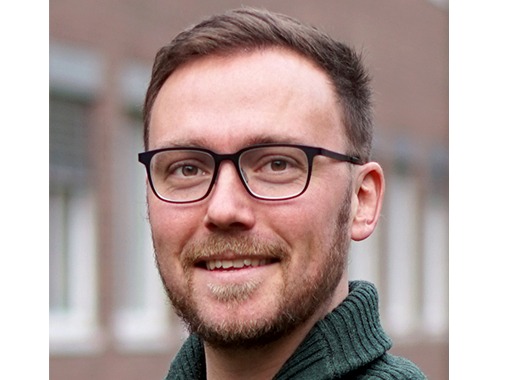Ph.D defence in Geography - Matthias Kokorsch

Askja
Stofa 132
Ph.D. student: Matthias Kokorsch
Dissertation title: Mapping Resilience – Coastal Communities in Iceland
Opponents: Dr. Jahn Petter Johnsen, Professor, UIT, the Arctic University of Norway and dr. Níels Einarsson, Director, Stefansson Arctic Institute.
Advisor: Dr. Karl Benediktsson, Professor at the Faculty of Life and Environmental Sciences, University of Iceland.
Doctoral committee:
Dr. Anna Karlsdóttir, Senior Research Fellow, Nordregio – Nordic Centre for Spatial Development.
Dr. Kevin St Martin, Associate Professor, Department of Geography, Rutgers University.
Chair of Ceremony: Snæbjörn Pálsson, Professor and the Vice Head of the Faculty of Life and Environmental Sciences at the University of Iceland.
Abstract:
Designing a truly sustainable fisheries management regime has been a challenge internationally. Iceland is not an exception in this regard. Icelandic fisheries and their management has gone through tremendous changes since the 1980s. The implementation of individual transferable quotas (ITQs) was especially important. During the same period, Icelandic coastal communities have faced major socio-economic and demographic challenges. A very prominent question in public and political debates has been to what extent the development in the fishing industry has played a part in the negative development of many fishing communities.
Yet, questions about the regional and local development implications of the Icelandic fisheries management system have never been answered unequivocally. Available data have not been utilized fully in order to understand the complex processes that have affected fisheries-dependent localities. One way to approach such questions is provided by the concept of resilience. The assessment of the resilience of Icelandic fisheries communities to the structural changes in the fishing industry was the focal point of this research project. In addition, the notion of structural change – from a social and geographic point of view – is introduced and combined with a theoretical treatise of fundamental values such as solidarity and justice.
A quantitative, countrywide analysis was undertaken, making use of diverse existing data, on fisheries on the one hand and on local socioeconomic developments on the other. This statistical analysis was supplemented with qualitative data, derived from case studies. Two communities that have followed different development trajectories were chosen for an in-depth analysis of those factors that have contributed to a higher or lower degree of resilience. Substantial differences were found in the level of resilience of these two coastal villages.
The analysis has revealed two theoretical limitations of the concept of resilience as it has been used in social science: the often narrow focus on endogenous strategies, which does not pay much attention to the broader political economy; and the avoidance of the inevitable discussion of a socially acceptable ‘endpoint’ to resilience-building measures. These weaknesses are addressed in the theoretical discussion of the concept that is presented in the thesis.
This thesis thus addresses a crucial domestic issue, as well as contributing to a very important and rapidly evolving field of science that centers on resilience, regional development and fisheries management. This is combined with a call for considering flexible and inclusive ‘top-led, bottom-fed’ approaches, breaking the rigid dichotomy of bottom-up and top-down strategies.
About the doctoral candidate
Matthias was born on the 17th of June 1984 in Mülheim an der Ruhr, Germany. He studied Geography and Social Science in tandem with a teacher degree at Universität Duisburg-Essen, graduating in 2013. He now works as a researcher at Johann Heinrich von Thünen-Institut in Braunschweig, Germany.
Matthias Kokorsch



